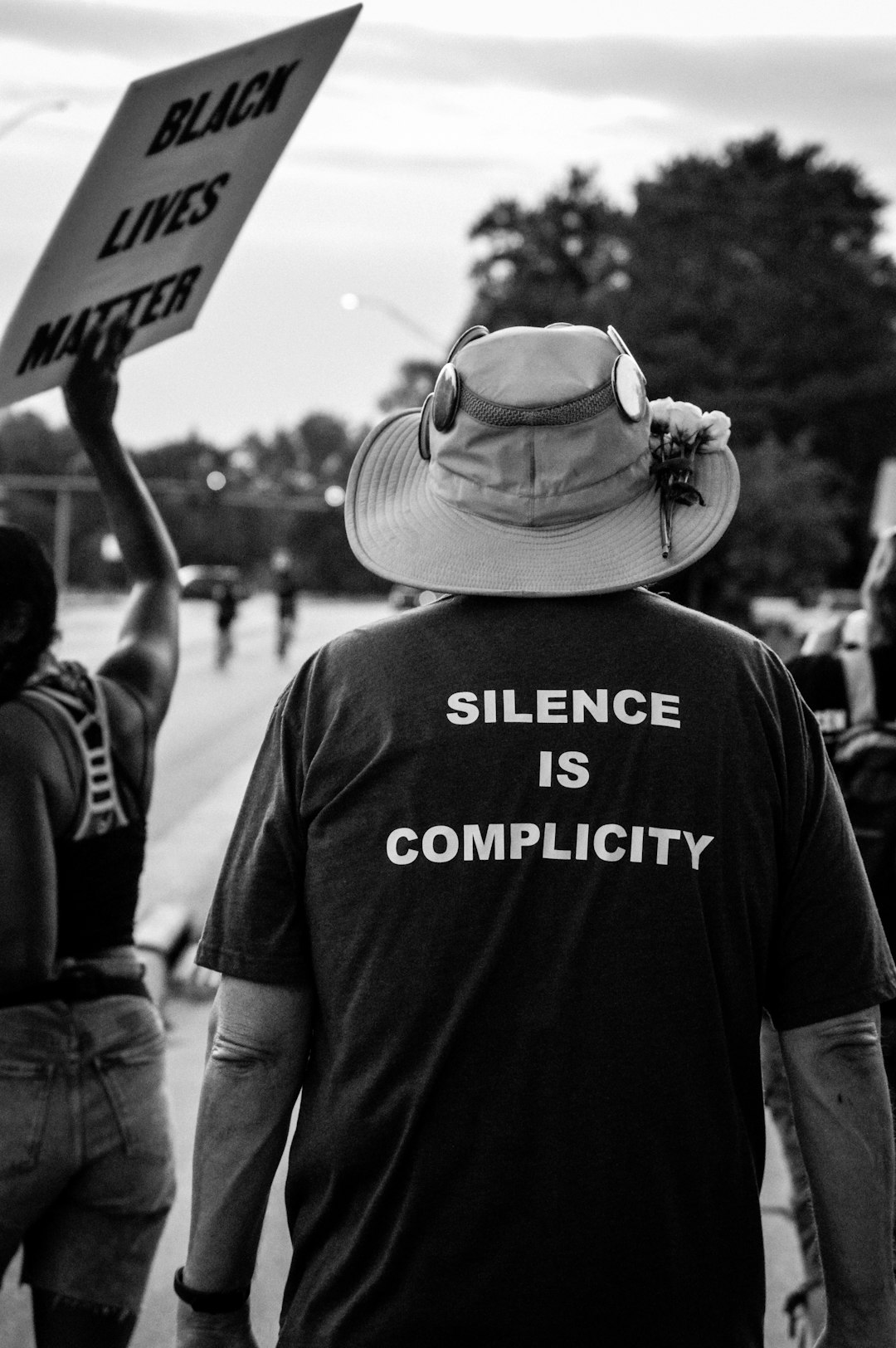Unwanted telemarketing calls are a growing problem in Omaha and nationwide, despite 'Do Not Call' laws. To counter this, Nebraskans are leveraging social media platforms like Facebook, Twitter, and Nextdoor to spread awareness, organize, and share information about fraudulent calls. This community-driven approach, which includes consulting 'Do Not Call lawyers Nebraska', enhances digital literacy, empowers residents, and significantly reduces intrusive sales calls, setting a positive example for other regions facing similar telemarketing issues.
Unwanted sales calls are a pervasive issue, disrupting Omaha communities and leaving residents frustrated. This article explores the role of social media in combating this problem, focusing on strategies that have proven effective in Nebraska. We delve into how online platforms can raise awareness, promote ‘Do Not Call’ initiatives, and empower individuals to protect their privacy. By examining a case study from Omaha, we offer insights for legal professionals dedicated to assisting clients with do not call lawyer services in the state.
Understanding the Issue: Unwanted Sales Calls and Their Impact on Omaha Communities

Unwanted sales calls, often referred to as telemarketing or robocalls, have become a pervasive issue in Omaha communities and across the nation. These automated or live phone calls, designed to promote products or services, can be particularly intrusive when residents are targeted repeatedly, even after expressing disinterest. The impact of these unwanted sales calls extends beyond mere annoyance; they disrupt peace of mind, invade personal space, and can contribute to a sense of community frustration.
In Omaha, as in many places, Do Not Call laws exist to provide some relief to citizens tired of these relentless calls. However, loopholes and the rapid evolution of telemarketing tactics make it challenging for residents to escape this modern-day nuisance. As such, there is an increasing need to explore innovative solutions, leveraging tools like social media to create community-driven initiatives that can effectively combat unwanted sales calls.
The Role of Social Media in Raising Awareness and Promoting Do Not Call Initiatives in Nebraska

Social media has emerged as a powerful tool for community engagement and advocacy in Omaha, Nebraska. Platforms like Facebook, Twitter, and Nextdoor allow residents to connect, share information, and organize around common concerns. In the context of unwanted sales calls, social media can play a pivotal role in raising awareness about ‘Do Not Call’ initiatives and ensuring their success.
Omaha residents can utilize these platforms to spread knowledge about their rights under Nebraska’s ‘Do Not Call’ laws, which prohibit telemarketers from contacting individuals who have registered on the state’s Do Not Call list. By sharing relevant posts, creating community events, and engaging in online discussions, social media users can encourage their neighbors to register and protect themselves from intrusive sales calls. Moreover, it enables quick dissemination of information about legitimate vs. fraudulent calls, empowering folks to take action against persistent telemarketers, potentially leading to more successful Do Not Call campaigns.
Effective Strategies for Utilizing Social Media to Combat Unwanted Sales Calls: A Case Study from Omaha

In today’s digital age, social media platforms offer a powerful tool for communities to take control of their privacy and combat unwanted sales calls. A case study from Omaha, Nebraska, highlights effective strategies that have been successfully employed. Residents in Omaha have utilized social media groups and pages to create community-driven initiatives aimed at reducing the frequency of Do Not Call lawyer requests. By sharing information and experiences, residents can collectively identify and report suspicious numbers, ensuring their contacts lists remain clutter-free.
This collaborative approach has led to increased awareness among both businesses and consumers. Regular updates and discussions within these online communities empower members to make informed decisions about who they choose to connect with. The case study demonstrates that by leveraging social media, Omaha residents have not only reduced the influx of unwanted sales calls but also fostered a sense of digital literacy and community engagement, setting an example for other regions facing similar challenges.






